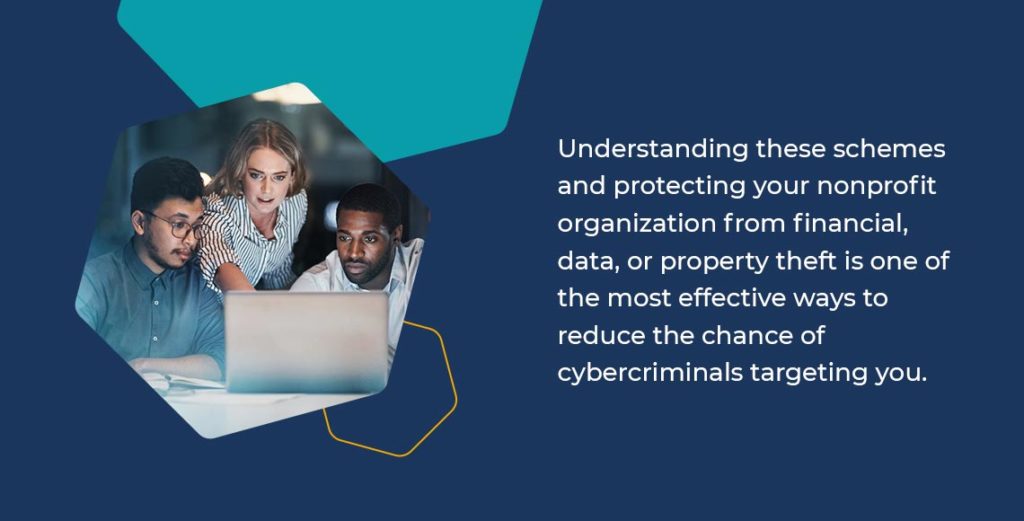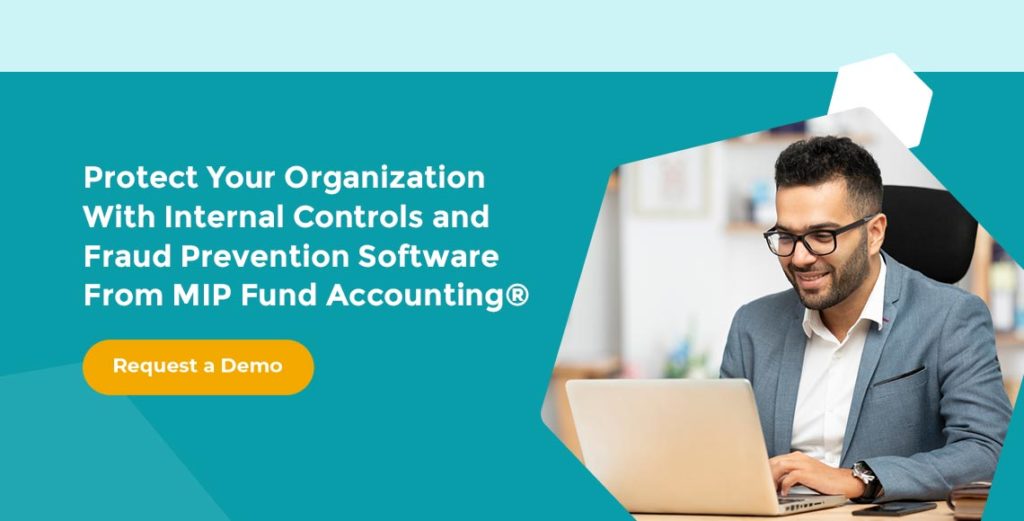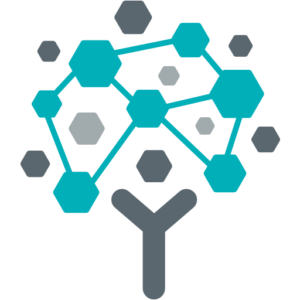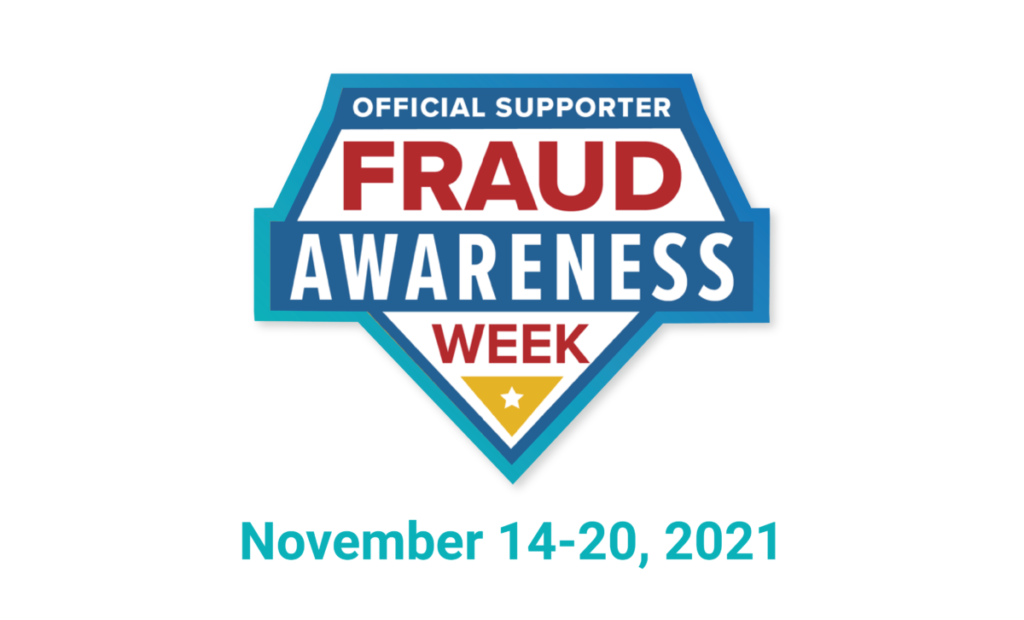Reading Time: 5 minutes
Nine percent of nonprofits are victims of fraud every year. While that may seem like a low number, the average loss of these fraudulent activities rose to $639,000 in 2020 for nonprofit cases alone. Losing any amount of funds or data due to fraud can damage your nonprofit’s mission and make it difficult to support your beneficiaries.
International Fraud Awareness Week is an excellent time for you and your staff to get together and educate yourselves on new, evolving types of fraud and implement measures to minimize the risks of these attacks. This article discusses how nonprofit and government organizations can implement more robust fraud prevention strategies with effective tips and solutions.
What Is International Fraud Awareness Week?
International Fraud Awareness Week is a global event occurring during the third week of November to shine a spotlight on fraud and raise awareness through various fraud prevention campaigns, support, and educational events. According to a 2022 report, organizations lose an average of 5% of their annual revenue to fraud, resulting in a loss of about $117,000 before they detect these scams. International Fraud Awareness Week aims to highlight this concerning issue and encourage organizations to implement anti-fraud training for all employees.
Fraud can occur in any organization, small or large, and can be due to an internal or external attack. For instance, a cybercriminal attempting to hack into an organization’s database is external fraud. In contrast, a disgruntled staff member seeking to cause intentional damage to their employer is internal or occupational fraud. Employee fraud is much more likely in smaller organizations than in large corporations and can result in:
- Theft
- Bribery
- Embezzlement
- Benefits and payroll fraud
These types of fraud may seek access to money, property, sensitive data, or rights. Since fraud can happen to any organization, you and your team must know your organization’s fraud risk. Fraud can come in the form of an email, phone call, advertisement, physical mail, or even through the internet as a virus or malware. No matter the type of fraud, it’s a crime that can leave organizations with high expenses in damage and expose personal patient, customer, or sponsor information.
International Fraud Awareness week helps organizations guard themselves by taking fraud risk assessments, pinpointing areas of concern, and developing new safety protocols. They also help nonprofits incorporate fraud prevention training into their organization’s policies and invest in fraud prevention software and technology.
Upcoming Events for Fraud Education
During International Fraud Awareness Week, many anti-fraud professionals and communities come together and host events that examine how damaging fraud can be and how to prevent it. Many supporters during this week organize conferences, webinars, lectures, interactive investigation scenarios, and podcast episodes to educate organizations and employees on how to detect and prevent fraud. Here are some of the events that the Association of Certified Fraud Examiners (ACFE) and other associations will host during this global week:
- National Whistleblower Day: This event focuses on combatting fraud, corruption, and other crimes by celebrating those who raise their voices and report fraud and abuse to promote a more just society.
- Online Shopping Podcast: This episode covers online shopping frauds and scammers who pretend to be legitimate online sellers with fake ads or websites to target unsuspecting shoppers. This episode is one of seven in the “Let’s Talk Fraud” series, which spreads awareness of popular fraud schemes that individuals and organizations can be vulnerable to.
- Cybercrimes Podcast: This episode covers fraud in the form of cybercrimes, such as theft and trafficking, where criminals hide behind a screen and wait for opportunities to attack organizations and individuals with new and evolving schemes.
- Jobs and Employment Podcast: This episode provides warning signs and preventive tips for detecting fraud when searching for jobs and employment. Many of these scams start by asking individuals to hand over money to guarantee a spot or describe a very high-paying job with little required effort.
- Phishing Email Podcast: Phishing scams often appear as emails that seem to be genuine or from a well-known source to target consumers and organizations and convince them to enter financial or personal identifying information. This episode discusses what to look for in these suspicious emails and how to protect private data.

Key Takeaways for International Fraud Awareness Week
Understanding these schemes and protecting your nonprofit organization from financial, data, or property theft is one of the most effective ways to reduce the chance of cybercriminals targeting you. Let’s look at some of the top takeaways for organizations and individuals looking to protect themselves against various forms of fraud:
- Never provide sensitive information unnecessarily: Your organization likely deals with financial, government, donor, or staff data daily, which can all be at risk if you share it with illegitimate entities. Always be on the lookout for red flags and false companies seeking to gain information they don’t need.
- Restrict passwords and authentication: Never give passwords, access codes, or personal identification numbers (PINs) to anyone other than authorized staff. If these security controls fall into the wrong hands, they can give fraudsters access to your important accounts.
- Regularly check your financial reports: Regular internal audits of your organization’s credit cards and financial data can help you identify unauthorized transactions or fraudulent attempts from employees or outsiders.
- Be cautious of scam attempts: Ensure employees know not to click on suspicious links or attachments in emails from unknown sources or any website asking for personal or financial details.
How to Reduce Fraud Risk
Reducing fraud should be one of the top priorities in your organization. No matter how small or large your organization and staff base is, minimizing fraud starts with knowing where it comes from and educating your team members on how to avoid these scams. Here are five tips to reduce your organization’s vulnerability to fraud.
- Be proactive: The first step to reducing fraud risk is implementing proactive measures. While reactive protocols are important for recovery, stopping fraud at the source is the best way to keep your organization, staff, sponsor, and beneficiary data safe.
- Train employees on vulnerabilities: Be aware of the different types of fraud your organization is vulnerable to. For instance, have you previously experienced phishing scams, credit card fraud, identity theft, or issues with your security controls? If so, it’s critical to tailor your mitigation strategies to these types of threats.
- Establish more robust hiring procedures: Though protecting organizational functions from external hackers is critical, it’s just as important to include these security controls within your organization. Regularly reassess your risks with new and existing staff, and be sure no new staff members have access to accounts or information that should be confidential.
- Empower employees with awareness: Educating and communicating with your team members about your anti-fraud policies and methods is an effective way to keep everyone updated on the newest cybersecurity threats or potential weak spots in your system.
- Implement a fraud alert solution: Any type of fraud can severely impact your organizational reputation, donor dollars, and overall well-being. Using a fund accounting solution with various fraud notification features, you can react quickly to abnormalities in budget or staff member activity. This solution can also help secure your data and provide internal controls to review, edit, change, and manage your organization’s details as needed.

Protect Your Organization With Internal Controls and Fraud Prevention Software From MIP Accounting®
No matter what industry you’re in, protecting your organization and beneficiaries with fraud prevention software is one of the most important things you can do. With the MIP Accounting® software solution, you can access a comprehensive, secure system to prevent fraud and let you focus more on your mission. A fund accounting system can help you mitigate the risk of fraud by empowering you and your staff with valuable and transparent reporting on funds, real-time budget views, internal controls for staff roles, and many other capabilities.
Our software also has built-in multi-factor authentication functionality so your team can establish a more secure login process and reduce the risk of a data breach in your nonprofit organization or government entity. To learn more about how our fund accounting solution can protect you against fraud, request a demo today.
Share this post





